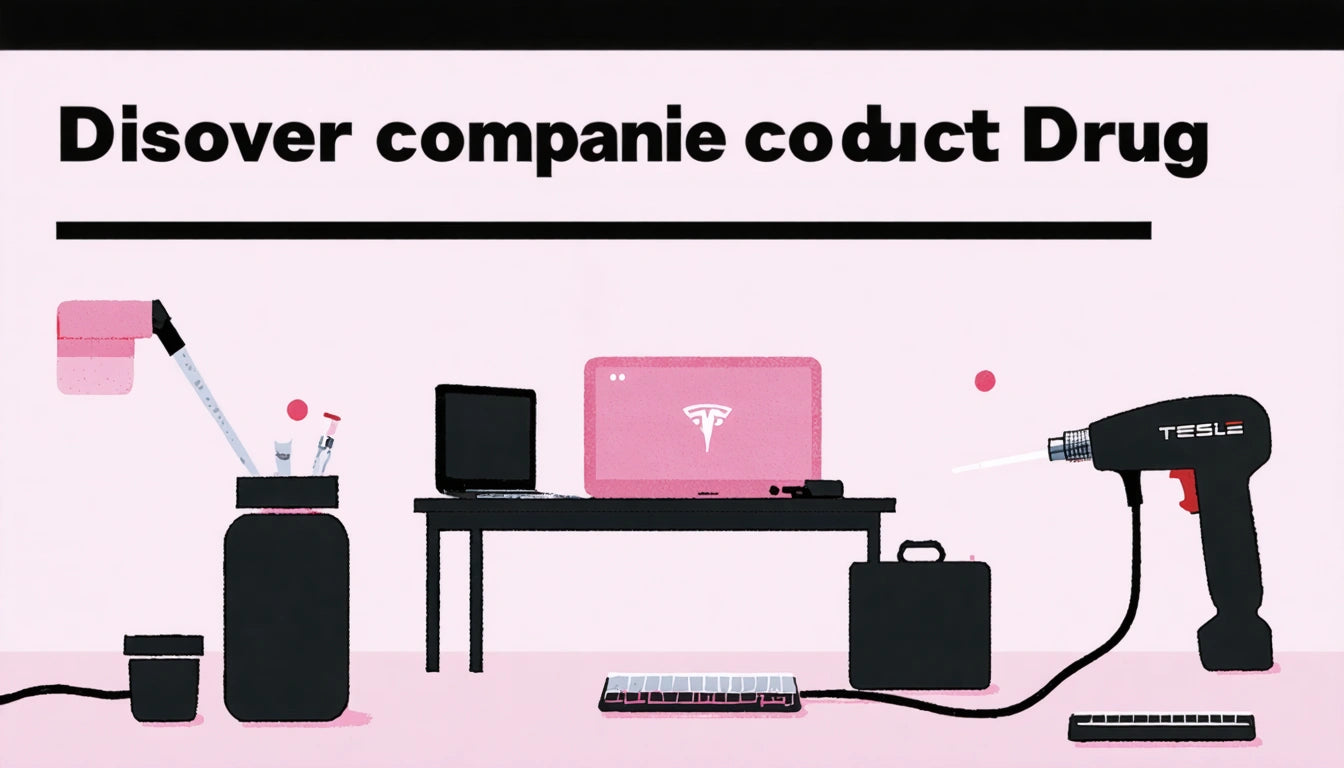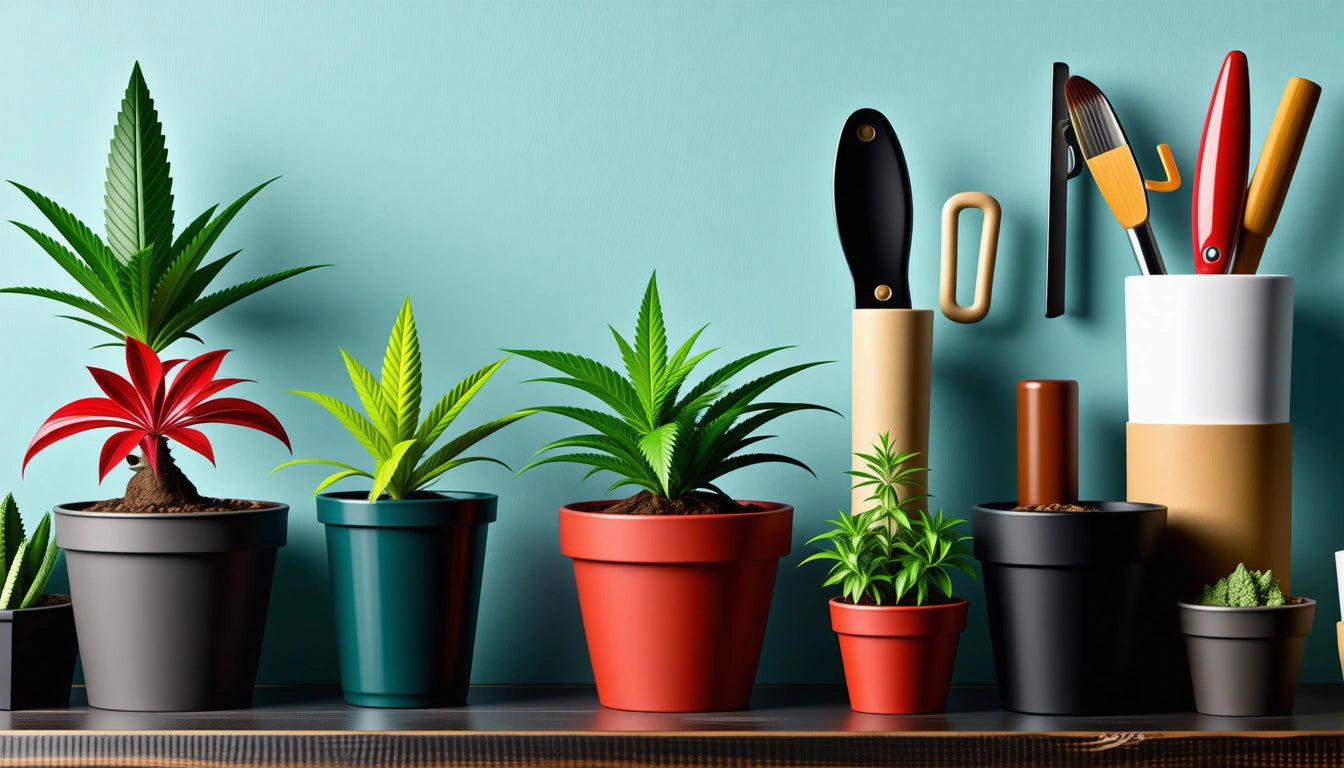Do Major Companies Conduct Drug Tests?
The question of whether major companies conduct drug tests is increasingly relevant in today's evolving workplace. With changing state laws regarding cannabis use and shifting corporate policies, job seekers often wonder about the drug testing requirements at prominent employers like Verizon, T-Mobile, and Tesla. Understanding these policies can help candidates prepare for the application process and make informed decisions about their substance use.
Drug Testing Practices at Major Corporations
Drug testing remains common among Fortune 500 companies, though practices vary significantly by industry, position, and location. Companies typically implement drug testing for several reasons: workplace safety, productivity concerns, liability reduction, and regulatory compliance. Industries with safety-sensitive positions, such as transportation, healthcare, and manufacturing, maintain stricter testing protocols than sectors like technology or retail.
According to recent surveys, approximately 57% of employers conduct pre-employment drug screening, while about 38% perform random drug testing for current employees. However, with the legalization of cannabis in many states, some companies have begun relaxing their marijuana testing policies while continuing to test for other substances.
Does Verizon Drug Test?
Verizon typically conducts pre-employment drug testing for most positions. As one of America's largest telecommunications companies, Verizon maintains drug testing policies that vary by role and department. Customer-facing positions and those involving driving or operating equipment are more likely to require testing.
The standard procedure at Verizon includes a pre-employment drug screen as part of the conditional job offer process. According to employment drug testing guidelines, candidates usually have 24-48 hours to complete the test after receiving an offer. For certain positions, Verizon may also implement random drug testing throughout employment, particularly for roles with safety implications.
Does T-Mobile Drug Test?
T-Mobile's drug testing policies tend to be less stringent than some of its competitors. While the company reserves the right to drug test, many reports from employees indicate that T-Mobile does not routinely conduct pre-employment drug screening for retail and many corporate positions. However, positions involving driving, equipment operation, or high-security clearance may still require testing.
When T-Mobile does conduct drug tests, they typically use a standard 5-panel urine test that screens for common substances. The company's approach reflects a growing trend in the telecommunications industry to focus more on performance and less on pre-employment screening for certain substances.
Does Tesla Drug Test?
Tesla's drug testing policy has received considerable attention, particularly after CEO Elon Musk's public cannabis use in 2018. Tesla does conduct pre-employment drug testing for production and safety-sensitive positions in their manufacturing facilities. However, the company has reportedly relaxed its stance on marijuana testing in states where it's legal, while maintaining strict policies on other substances.
For corporate and engineering roles, Tesla appears to place less emphasis on drug testing and more on candidate qualifications and performance. The company's approach highlights the evolving nature of workplace drug policies in the tech and manufacturing sectors, where talent acquisition sometimes takes precedence over traditional screening practices.
Types of Drug Tests Used by Employers
Employers typically use several methods to screen for substances, each with different detection windows and accuracy levels:
- Urine tests: The most common method, detecting recent use within days or weeks depending on the substance. Urine drug tests are cost-effective and can detect a wide range of substances.
- Saliva tests: Less invasive and typically detect very recent use (24-48 hours). These are becoming more popular for workplace testing.
- Hair tests: Can detect substance use over a longer period (up to 90 days) but are more expensive and less common for routine screening.
- Blood tests: The most accurate but also most invasive, usually reserved for post-accident investigations or reasonable suspicion scenarios.
Most major employers use a standard 5-panel test that screens for marijuana, cocaine, amphetamines, opiates, and PCP. Some industries require expanded panels that include prescription medications and additional substances. For detailed information about what these tests screen for, you can refer to this comprehensive guide on drug screens.
Legal Considerations and State Variations
Drug testing policies are significantly influenced by state laws, which create a complex landscape for multi-state employers. In states with legal recreational cannabis, some companies have modified their testing protocols. For example, Nevada, New York, and New Jersey have enacted laws limiting pre-employment marijuana testing in certain circumstances.
However, federal contractors and companies in federally regulated industries (transportation, healthcare, defense) must comply with federal drug-free workplace requirements regardless of state law. This creates a dual standard where government agencies may still test for THC even in states where recreational use is legal.
For cannabis users concerned about testing, our secure storage solutions for personal use can help maintain product freshness while providing discreet containment options, though they won't affect test results.
Preparing for Pre-Employment Drug Screening
If you're applying to companies that conduct drug tests, consider these preparation strategies:
- Research company-specific policies through forums, review sites, or by asking current employees
- Understand the detection windows for different substances
- Be honest about prescription medications that might trigger positive results
- Temporarily abstain from substances before the application process begins
- Stay hydrated and maintain healthy habits, though be aware that dilution techniques may invalidate test results
Most importantly, recognize that attempting to cheat drug tests can result in immediate disqualification and potentially damage your professional reputation.
Changing Landscape of Workplace Drug Testing
The future of workplace drug testing is evolving rapidly. With labor shortages in many industries and changing attitudes toward cannabis, some companies are reevaluating their testing policies. This shift is particularly evident in states with legal recreational marijuana, where employers must balance compliance, safety concerns, and the practical reality of excluding qualified candidates.
Companies like Amazon have already announced they'll no longer test for marijuana for most positions, potentially influencing other major employers to follow suit. However, testing for other substances and for safety-sensitive positions remains standard practice across most industries. As regulations and social attitudes continue to evolve, job seekers should stay informed about specific company policies and prepare accordingly.











Leave a comment
All comments are moderated before being published.
This site is protected by hCaptcha and the hCaptcha Privacy Policy and Terms of Service apply.